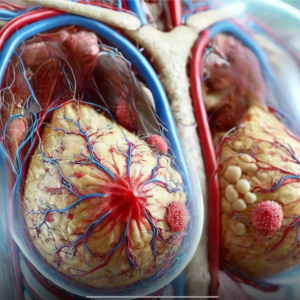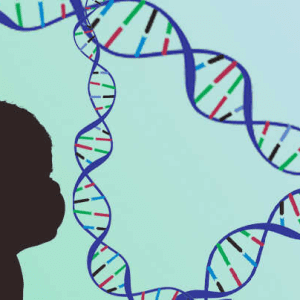What if a disease was silently damaging your body—and you had no idea? That’s the reality for millions of Americans living with undiagnosed diabetes. Often called a “silent killer,” diabetes doesn’t always announce itself with dramatic warning signs. Instead, it creeps in gradually, sometimes over years, quietly disrupting your body’s systems until something serious forces you to pay attention.
What Is Diabetes and Why Should You Care?
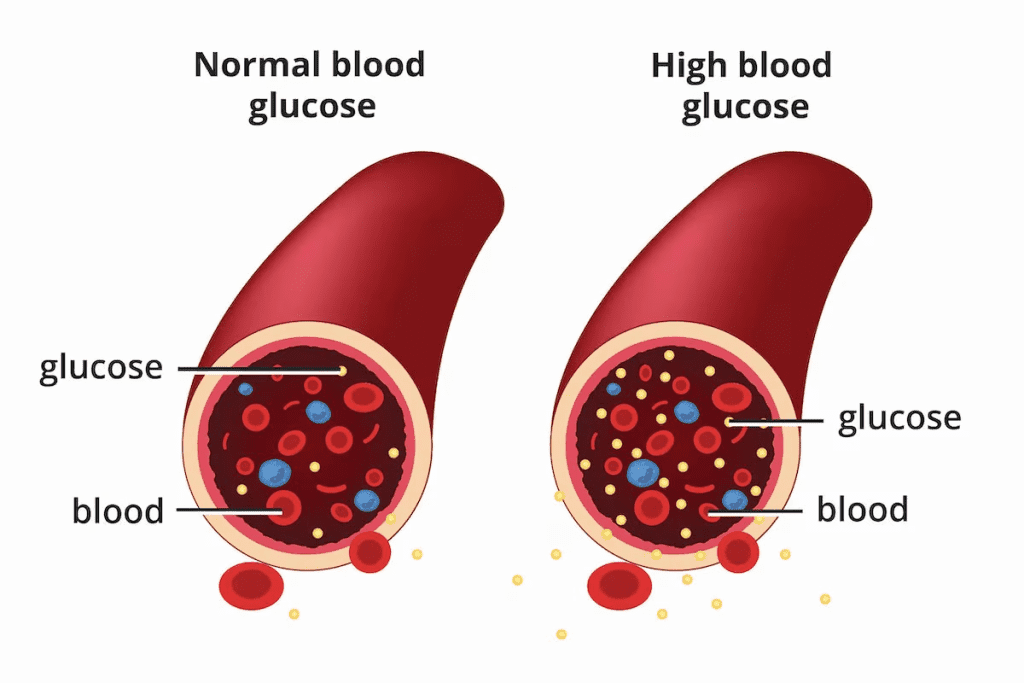
Diabetes is more than just “high blood sugar.” It’s a chronic condition that disrupts how your body handles glucose—the fuel your cells rely on. When that system malfunctions, sugar starts to build up in your bloodstream instead of powering your muscles and organs.
There are two major types:
Type 1 Diabetes – An autoimmune condition, usually diagnosed early in life, where the immune system attacks insulin-producing cells.
Type 2 Diabetes – Far more common, often linked to poor diet, low physical activity, and excess weight. The body becomes insulin-resistant or doesn’t produce enough insulin.
Video:
Diabetes symptoms
Both types lead to long-term damage if not managed. But Type 2 is especially sneaky—because it develops slowly and quietly.
Can You Really Have Diabetes Without Knowing It?
Absolutely. And that’s what makes it dangerous.
Unlike a sudden infection or injury, diabetes tends to come on gradually. Many people chalk up their symptoms to aging, stress, or fatigue. That delay in diagnosis can cost you—big time.
But your body does drop hints. You just need to listen.
Subtle but Serious: Key Symptoms of Undiagnosed Diabetes
Let’s look at some of the warning signs. On their own, they might seem harmless. But together? They paint a different picture.
Frequent Urination and Excessive Thirst
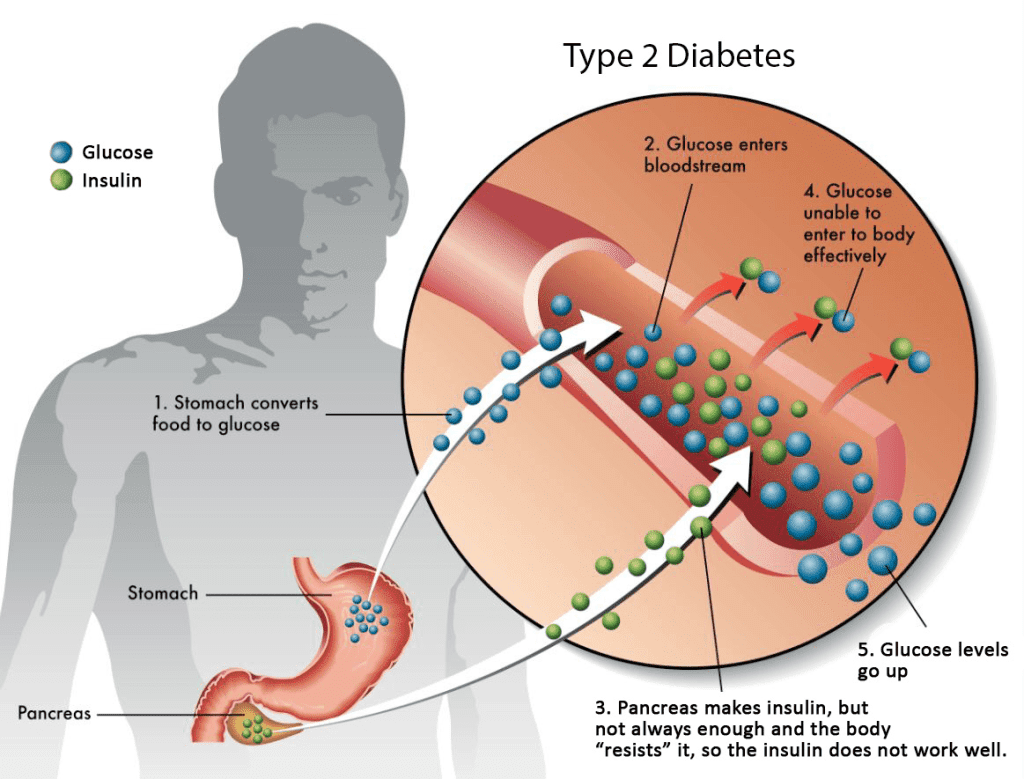
High blood sugar makes your kidneys work overtime to flush it out—so you pee more. That dehydrates you, making you crave water constantly.
Fatigue That Doesn’t Go Away
You’re sleeping enough… so why do you feel wiped out all the time? When your cells can’t use glucose properly, your energy levels crash—leaving you sluggish and drained.
Blurred Vision
Sudden shifts in blood sugar can affect the fluid in your eyes, distorting your vision. If things get blurry for no obvious reason, don’t ignore it.
Unexplained Weight Loss
This is especially common in Type 1 diabetes. Your body, starved for energy, starts burning fat and muscle. If you’re losing pounds without trying, it’s worth a closer look.
Slow-Healing Wounds and Infections
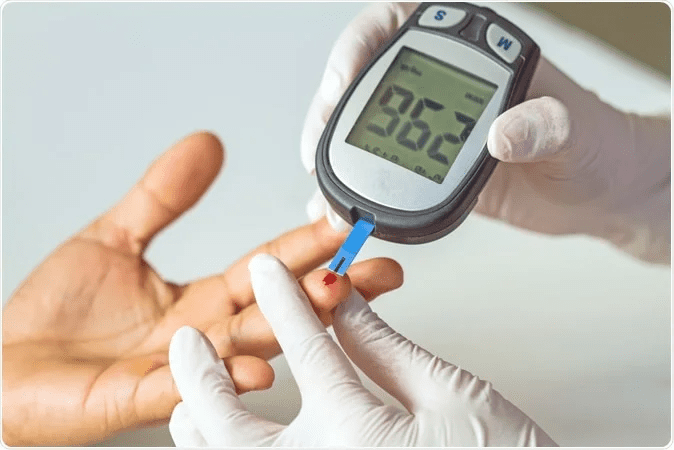
Cuts that won’t close. Infections that keep coming back. High glucose weakens your immune system and slows down healing—putting you at risk for more serious complications.
Tingling or Numbness in Hands and Feet
This could be the first sign of diabetic neuropathy—nerve damage caused by prolonged high blood sugar. It usually starts in the extremities.
Why Ignoring These Signs Is Risky
Left untreated, diabetes can cause life-altering complications:
Heart Disease & Stroke: Your risk skyrockets.
Kidney Damage: Diabetes is the leading cause of kidney failure.
Video:
Can You Have Diabetes and Not Know It?
Vision Loss: Diabetic retinopathy can result in blindness.
Nerve Damage: Tingling can become pain, and in severe cases, even lead to amputations.
Increased Infections: From skin to urinary tract infections, your body becomes more vulnerable.
This isn’t fearmongering—it’s fact. But it’s also preventable.
Who’s Most at Risk of Developing Type 2 Diabetes?
Some people are more likely to develop diabetes, especially if they:
- Have a family history of diabetes
- Are overweight or obese
- Live a sedentary lifestyle
- Are over the age of 45
- Eat a high-sugar, high-processed diet
- Have conditions like PCOS or a history of gestational diabetes
If this sounds like you, don’t panic—but do get proactive.
How to Prevent or Manage Diabetes Starting Now

The best defense is a healthy lifestyle—and it’s easier than you think.
Eat Whole, Real Foods
Load up on leafy greens, colorful vegetables, lean protein, whole grains, and healthy fats. Cut back on processed junk and sugary drinks.
Get Moving
You don’t need to hit the gym for hours. Just 30 minutes a day of walking, swimming, or biking can improve insulin sensitivity and help maintain a healthy weight.
Know Your Numbers
If you’re at risk, monitor your blood sugar levels regularly. A simple blood test can detect prediabetes early—while it’s still reversible.
Make Doctor Visits a Habit

Don’t wait for symptoms to get worse. Annual check-ups, blood work, and conversations with your physician can help you stay ahead of the curve.
Reduce Stress and Prioritize Sleep
Chronic stress and poor sleep both raise blood sugar. Incorporate mindfulness practices, keep a sleep routine, and don’t underestimate rest as part of healing.
When Should You See a Doctor?
If you’ve experienced even a few of the symptoms we discussed—don’t wait. One blood test could give you peace of mind or the knowledge you need to make life-saving changes.
Diabetes is manageable. But only if it’s caught early.
Conclusion: Don’t Let Diabetes Stay Hidden
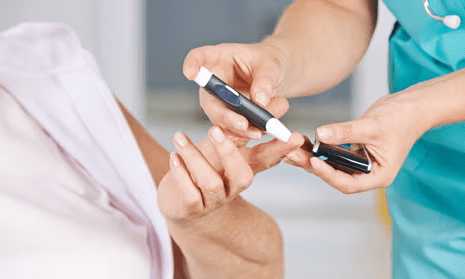
Here’s the truth: You might have diabetes right now and not know it. But that doesn’t mean you’re powerless.
The sooner you identify the signs, the faster you can take control. Knowledge is your strongest ally. With the right habits, screenings, and support, you can prevent complications and live a long, vibrant life—even with a diagnosis.
So listen to your body. Don’t ignore those little red flags. Catching diabetes early isn’t just smart—it could be life-saving.
